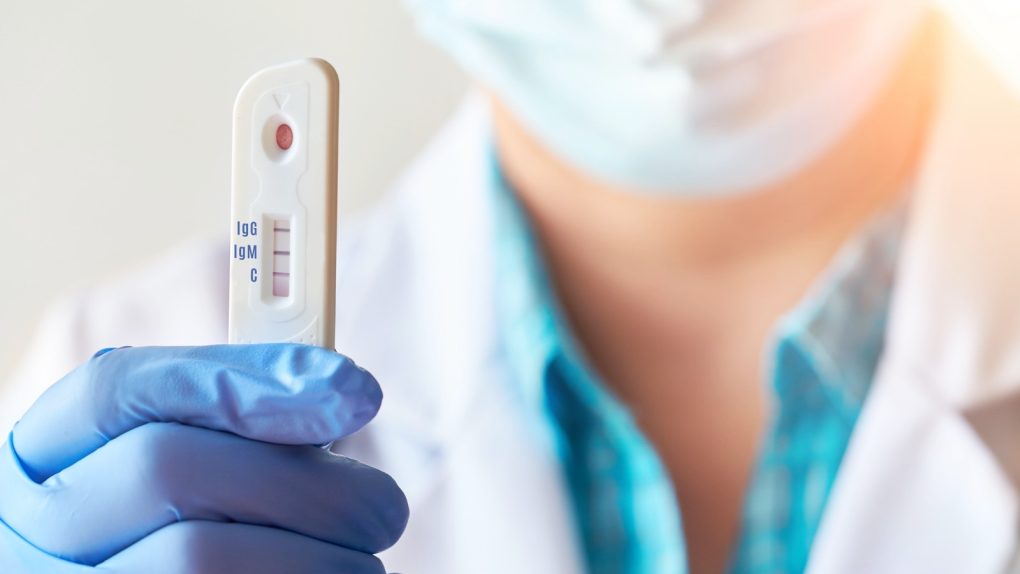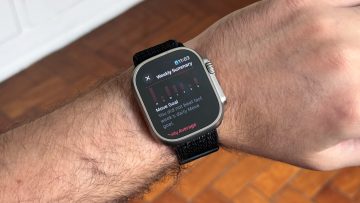- Most people infected with the coronavirus end up developing an immune response, including neutralizing antibodies that can kill the virus.
- A small percentage of COVID-19 patients end up developing so-called “super antibodies” that are incredibly efficient at blocking the virus.
- A new report details the case of a patient who unknowingly had COVID-19 early in the pandemic. His super antibodies remained strong nine months after infection and neutralized at least six different coronavirus strains.
- Super antibodies might be used to develop a new generation of COVID-19 drugs, and to gauge the effectiveness of COVID-19 vaccines.
The immune system is so sophisticated that it can recognize foreign elements that enter the body and mount a defense. With infectious pathogens like the novel coronavirus, the immune system develops antibodies that can neutralize the spike protein the virus would otherwise use to infect cells. COVID-19-specific B and T white blood cells are also created in the process, which will intervene in the future if reinfection occurs. Drugs like monoclonal antibodies and vaccines, as well as therapies involving plasma transfusions from COVID-19 survivors, have the same purpose — to neutralize the spike protein with antibodies. Monoclonal drugs and plasma lend patients antibodies that can work immediately against the virus in patients who were just infected. Vaccines won’t benefit infected people, but they have a huge advantage over antibody drugs. Vaccines teach the immune system to create antibodies that will be useful down the road at preventing severe COVID-19. Moreover, the immune system will also make white blood cells ready to fuel an immediate response upon exposure to the real virus.
As expected, not all patients develop the same immune response to the virus, which explains why some people get milder COVID-19 cases while others experience severe complications. But it turns out that a small number of people can produce so-called “super antibodies” that are incredibly effective at neutralizing SARS-CoV-2. What’s even more interesting is that they keep their powers even when diluted 10,000 times, and they can survive in the blood for many months after infection. This breakthrough discovery could lead to even better antibody-based therapies.
John Hollis is one of the COVID-19 survivors who developed super antibodies after his infection. He went to Europe with his son in early March and returned to the States before flights were grounded. Hollis experienced congestion at the time, which he associated with normal sinus issues. His symptoms disappeared quickly, but his roommate became ill with COVID-19 for a month.
Hollis, 54, had no idea at the time that he was already immune, and he was scared that he, too, would get the illness.
“I was at a strange peace with whatever happened to me but saddened by the prospect of perhaps not living to see my son hit those major life milestones, such as graduating from high school, college and getting married and becoming a father himself,” Hollis told NBC News. “April 8, I sat down and wrote a letter to my son, for him to have if I wasn’t here. I wrote the first sentence, and I cried. I read it every month, and I cry right away. … I’m just grateful I didn’t have to give it to him.”
Hollis volunteered for a coronavirus study at George Mason University, where he works as the communications manager. That’s where he found out that he had the so-called super antibodies.
Since August, Hollis has given blood and saliva samples every two weeks. Dr. Lance Liotta and his team were able to determine when the man was initially infected. They then discovered that the super antibodies were still at high levels, and they were able to kill six different coronavirus strains. Only about 5% of coronavirus patients can develop these powerful super antibodies, a study said.
The researchers found that Hollis’s super antibodies have maintained at least 90% of their strength nine months after he first caught COVID-19, indicating the man still has strong immunity against reinfection all this time later. Liotta’s team found seven other people with super antibodies for the clinical trials, but those antibodies did not live as long. Most similar antibodies might disappear after 60 to 90 days.
Liotta is a pathologist and bioengineer at the university who is leading the school’s clinical trials on antibodies. The researcher and his team will study Hollis’s super antibodies to understand how to neutralize the coronavirus more efficiently, produce drugs based on these super antibodies, and study the antibodies resulting from vaccination. The team may also be able to offer better COVID-19 immunity conclusions in the coming months as they continue to study new samples from Hollis.








